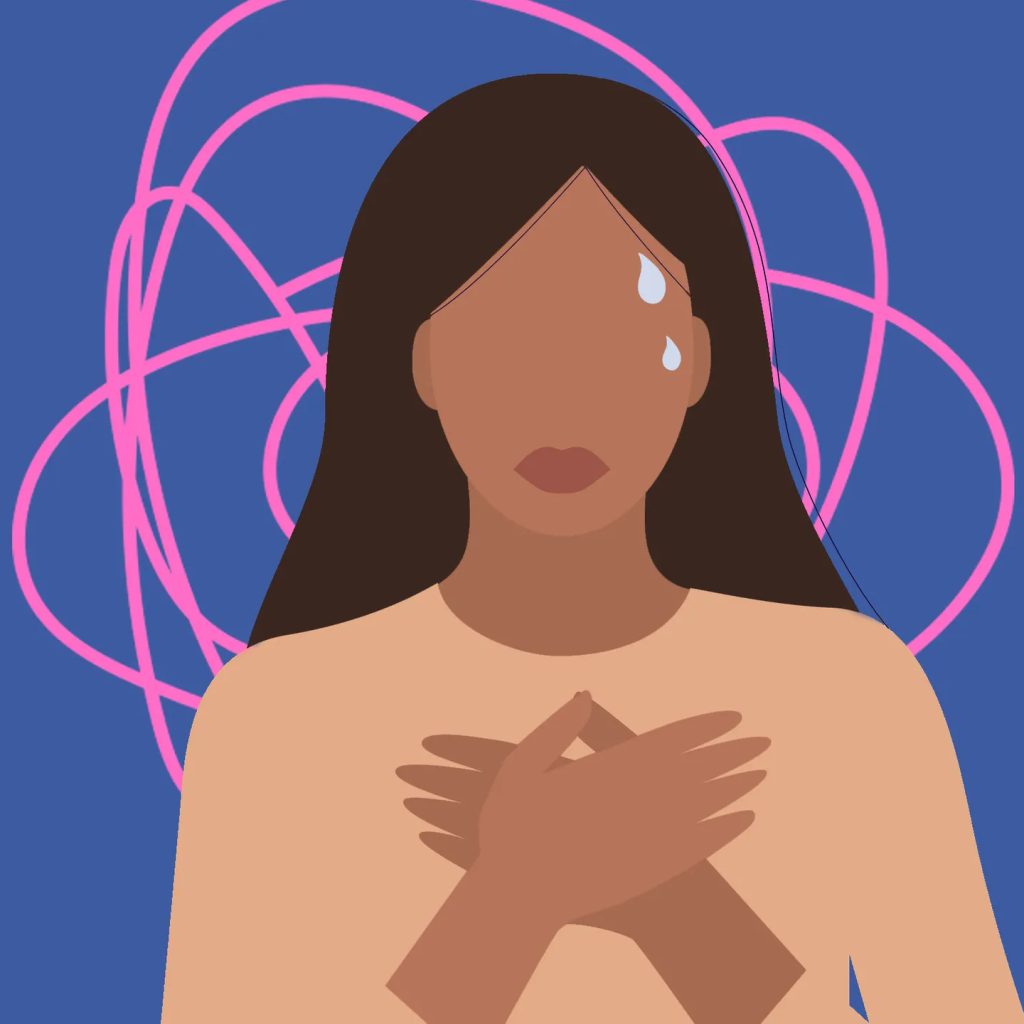Social anxiety is a type of anxiety that makes you feel like you’re not good enough, ugly, or awkward. It can also be as simple as being uncomfortable in social situations. Social anxiety can affect anyone at any time, and it’s the most commonly diagnosed anxiety disorder in the United States.

People with social anxiety may experience this intense feeling of self-consciousness in situations where they are interacting with others. They worry about what other people think of them, how they might appear to others, and what they might say or do next. If you’re experiencing social anxiety, then you’re not alone! About 6 percent of the population experiences symptoms of social anxiety on a regular basis.
It can be difficult to know if you have it or not until someone points it out to you. Many people who don’t experience symptoms find that once they start exposing themselves to new situations, their natural ability to trust others kicks in, and their phobia begins to subside. Social anxiety can affect people at any age or stage in life though; we often associate shyness with childhood but adults are just as likely to suffer from it as teenagers are. You don’t need to worry if your friends aren’t aware that you have social phobia because many people don’t even realize that they do have it either!
What Causes Social Anxiety?
There are a number of potential causes of social anxiety. One is being too self-conscious about how you come across to others. You might be afraid that your personality will be awkward or unappealing and this makes it hard for you to interact with people and make friends.

Another cause is related to the way that your brain processes and interprets physical sensations like touch, sounds, and sights. This can be a result of trauma or abuse, particularly sexual abuse in childhood. The last reason is fear of judgment from others. For example, you might feel embarrassed when you speak up in a meeting because you’re worried everyone will look at you differently after that. Social anxiety can also develop as a result of having other social phobias such as shyness and agoraphobia.
If someone has been bullied or abused and doesn’t trust anyone else, then they may develop social anxiety as a way to protect themselves from further rejection or criticism from others.
Overcoming Social Anxiety
Putting yourself in new situations is the best way to overcome social anxiety. If you’re not sure where to start, try starting with a class or meeting new people. Some other ways that you can do this are by joining a club, volunteering for an organization, or going on an online dating site to expand your social circle.
Strategies for Managing Social Anxiety
There are several strategies you can use to manage social anxiety.
- Avoiding people altogether is not the best option.
- Accept that you might not always feel like yourself and don’t feel the need to prove anything.
- Practice your public speaking skills; this allows you to interact with people while allowing you to control and focus on what’s going on, instead of worrying about what other people think of you.
- Incorporate social activities into your day-to-day schedule if possible; this allows you time to practice interacting and getting used to it.
Help for Those Who Experience Social Anxiety

There are many ways you can deal with social anxiety if you do experience it. One way is to practice your self-esteem building and confidence skills. Maybe you’re too busy for this, but in the meantime, there are apps that could help you get started like the Loop for Social Anxiety iPhone app. If you want to learn more about social anxiety, try visiting Mayo Clinic’s Overview and read through their FAQs to get started on understanding more about it, including what causes it and how it can be treated or prevented.
Social anxiety is a common disorder that affects people of all ages and backgrounds in different ways. Another way to cope with the symptoms of social anxiety is by taking natural supplements. Certain supplements can actually make it easier for you to socialize and be around large groups of people. Supplements like PEAK® are known for having an effect within minutes and can work wonders if taken before a social outing.
Overcoming Shyness In Children
If you notice your child is experiencing shyness, then it’s important to start working on overcoming their self-consciousness. When children feel socially anxious, they tend to be more withdrawn and less talkative. This behavior can make it difficult for them to socialize in childhood and lead them to become socially anxious adults.
It helps if you have someone else who can help with this process because you may have a hard time getting through to your child. In order to overcome shyness in children, try talking with the child about their fears and worries as well as the things that cause them anxiety. Make sure they know that their anxiety is not going away by itself and it can even increase over time. Let them know that there are tools available such as relaxation techniques or cognitive behavioral therapy (CBT) if they want help managing their anxiety. It’s also important for parents to teach kids how to identify what triggers their anxiety so they can be ready for these moments when they may struggle.
Conclusion
Social anxiety is a very real and pervasive condition that causes significant distress and impacts a person’s life. It affects people at any age, whether it’s the anxiety of not being able to perform well in front of others, the worry that you might do something embarrassing in front of others, or the fear that people will think you are weird or strange. There are many different ways that social anxiety can manifest itself. It’s important to identify the root cause of your anxiety and then find the best way to deal with it. As you learn to cope with it, you may find it useful to use the PEAK® Supplement to get you a head start.



